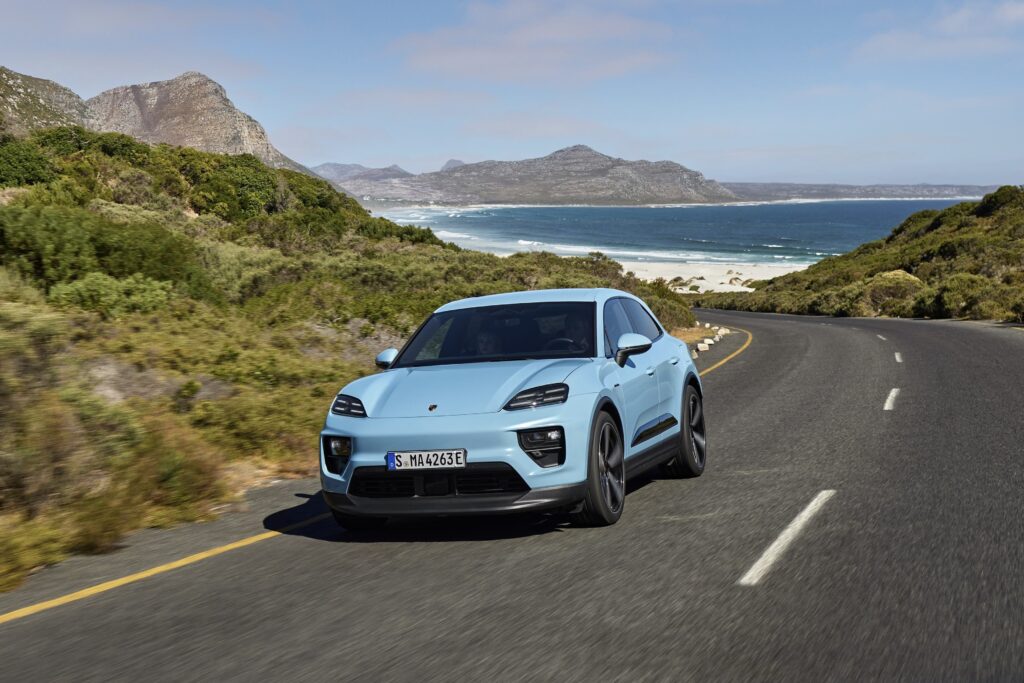
Porsche is making significant adjustments to its electrification plans in response to lower-than-expected Taycan sales and continued customer preference for traditional combustion engines. This shift highlights Porsche’s commitment to understanding buyer needs and adapting its strategy accordingly.
The automaker, previously vocal in its opposition to the proposed European ban on combustion engines by 2035, is now exploring the possibility of reverse-engineering future EVs with hybrid powertrains. However, this complex and potentially expensive undertaking remains uncertain.
The fully-electric, next-generation 718 Boxster and Cayman are nearing launch. While Porsche might consider a combustion adaptation similar to Fiat’s 500e conversion, this approach would likely take several years to materialize, even if financially viable.
The flagship K1 SUV, initially envisioned as an EV but due in 2028, presents a potentially better candidate for a hybrid conversion due to its larger size and expected timeframe.
“A lot of customers in the premium and luxury segment are looking in the direction of combustion-engined cars, there’s a clear trend,” Porsche CFO Lutz Meschke said in a conference call before going on to explain how the brand is reacting to that news.
“We will refresh our combustion engine cars, including the Panamera and the Cayenne, and of course, we will continue to rely on plug-in hybrids” Meschke added.
“As for our electrified lineup, we are very flexible when it comes to our production footprint. We can produce combustion engine, plug-in hybrids and electrified cars in one production line in Leipzig,” Meschke continued. “When it comes to research and development, you’ll see more flexibility in the upcoming years. We will develop new combustion-engined derivatives [of our EVs] in order to give the right answer to customer demand.”
